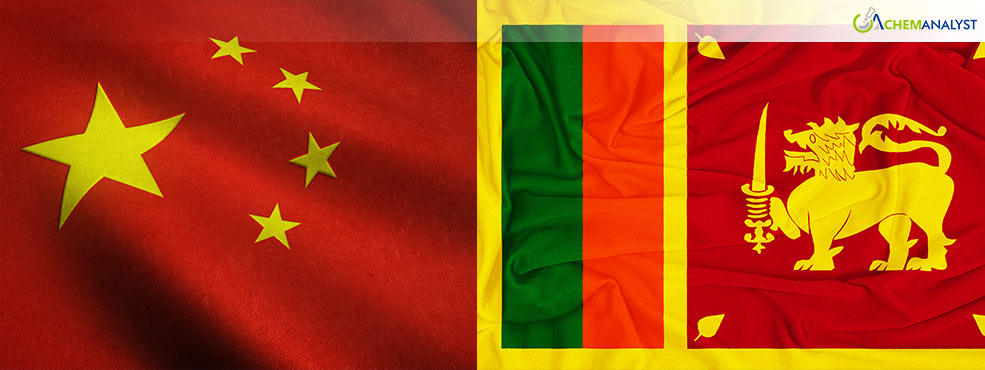Welcome To ChemAnalyst

Sri Lanka has reached an agreement with China's state-run energy giant Sinopec to fast-track the construction of a $3.7 billion oil refinery in the southern port city of Hambantota. The announcement, made by Sri Lankan Foreign Minister Vijitha Herath on January 22, marks a significant step in the country's efforts to reduce its dependence on expensive imported oil and stabilize its economy.
The agreement between the two countries follows years of discussions and is seen as one of Sri Lanka’s largest foreign investment projects. While specific details regarding the refinery’s capacity remain undisclosed, the project is expected to enhance the country’s refining capabilities, addressing a critical gap in Sri Lanka’s energy sector. Currently, Sri Lanka relies heavily on imports for its oil needs, which has become a major financial burden, costing billions of dollars annually.
In addition to alleviating the country’s dependence on foreign oil, the refinery is also set to support the Chinese-built Hambantota Port, which has faced challenges in becoming a fully operational hub. The new refinery will contribute to the port’s viability by providing bunkering services like supplying fuel to ships and is expected to boost economic activity in the region.
Minister Herath emphasized the importance of the project for Sri Lanka, noting that it is a key part of the country’s broader strategy to attract foreign investments that can stabilize its finances. This deal comes after Sri Lanka secured a $2.9 billion bailout from the International Monetary Fund (IMF) in 2023, marking a crucial recovery from a severe economic crisis that saw the country grapple with a foreign exchange shortage and widespread inflation.
The partnership with Sinopec also reflects the growing influence of China in Sri Lanka, particularly in the context of the Belt and Road Initiative (BRI), through which China has invested heavily in infrastructure projects across the island. However, the deal has raised concerns in neighboring India, which has long been a key supplier of energy to Sri Lanka. The competition between Chinese and Indian interests in the region is expected to intensify, as Sri Lanka also continues discussions with India on a proposed fuel pipeline.
As part of the agreement, Sri Lanka and Sinopec are expected to resolve issues related to land, taxes, and water use within a month. The swift resolution of these issues is crucial for ensuring that construction can begin without delay. The refinery project is seen as a cornerstone in Sri Lanka’s long-term economic recovery, offering a potential boost to employment and industrial activity in the region.
We use cookies to deliver the best possible experience on our website. To learn more, visit our Privacy Policy. By continuing to use this site or by closing this box, you consent to our use of cookies. More info.
